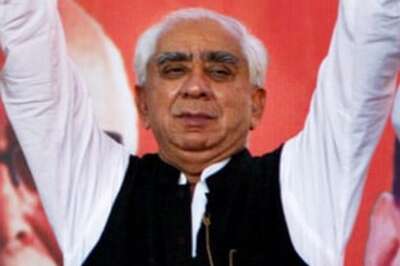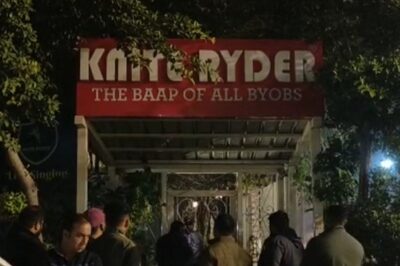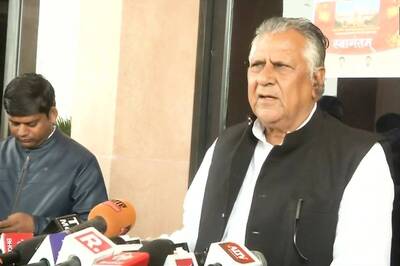
views
In Punjab, December 2016 was a cold winter. Especially for wool traders of Ludhiana who mostly dealt in hard cash.
Post demonitisation, the wool industry was paralyzed for months — labour shortage and a stalled cash flow forced hundreds of micro and small scale units to temporarily shut shop.
So did Apsley Wool in downtown Ludhiana. “There were no orders, no trade,” recalls Anil Sehgal, the owner. A year on, workers have returned as has the cash, but the factory is plagued with another problem — overproduction.
Last winter’s unsold stock is still lying around. Sehgal complains that demand that was hit after demonetisation, never really picked up. “The purchasing power of consumers has not increased even a year after note ban. The orders are far lesser in comparison to 2015. We have labourers to feed or they will flee back home.” laments Sehgal.
He is one of the many small scale wool businessmen in the city who are finding it difficult to warm up to Goods and Services Tax. Multiple tax slabs and a new 5% and 12% tax on wool has only added to the confusion.
But not everyone is complaining in Ludhiana. Some workers have positive stories to share. 50 years old Mahipal Singh, who has been working in this industry for years, now has a functioning bank account. “Our factory owner may be unhappy because business is slow. But if you talk about labourers like me, we are glad to receive our salaries monthly by cheques. We are able to save some money. Earlier, our daily wages would just disappear in daily expenses,” says Singh.




















Comments
0 comment